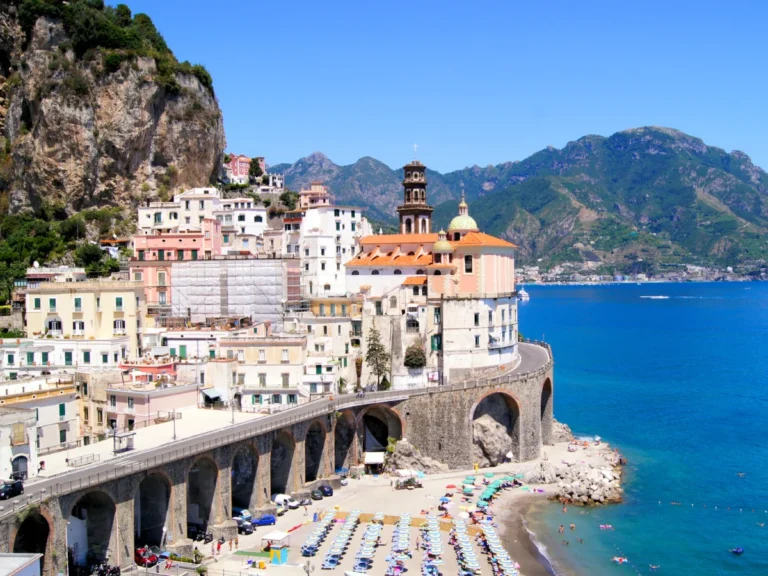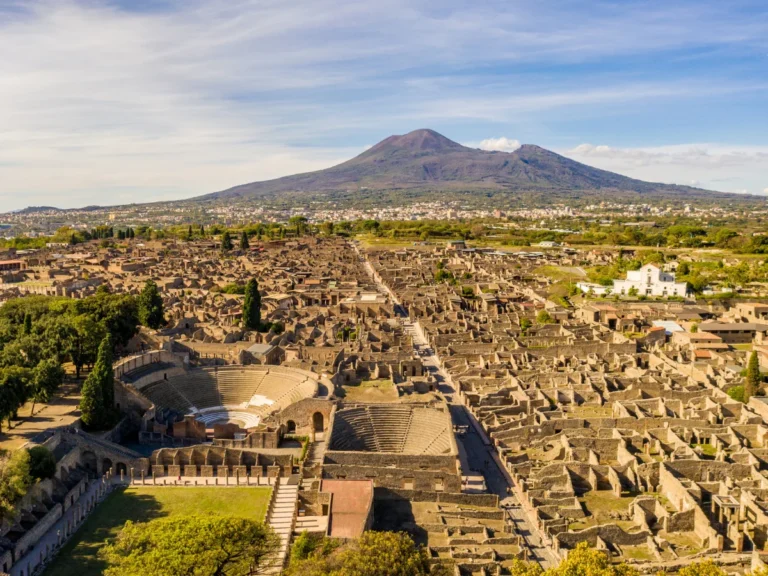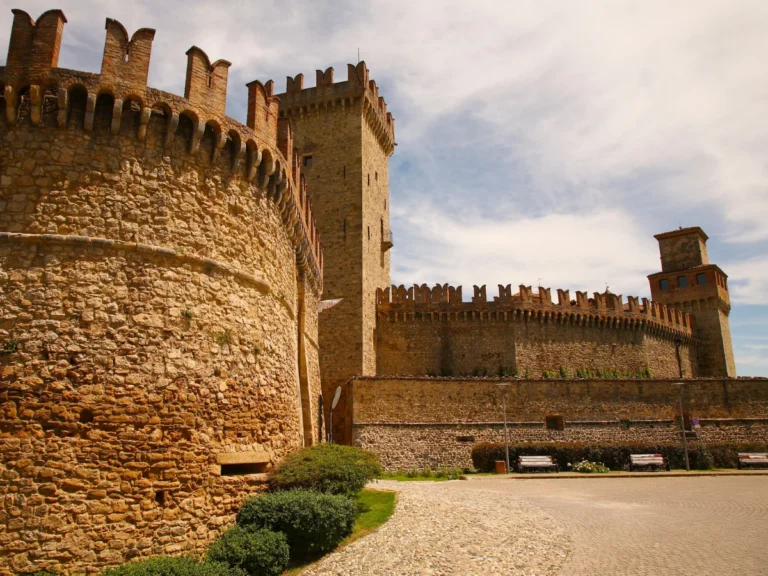Moving to Italy promises a dynamic experience
Moving to Italy promises a dynamic experience. Navigate the immigration process efficiently, explore job prospects, and settle into your new home seamlessly. Delight in Italy’s culinary delights, breathtaking landscapes, and warm community spirit. Whether you’re drawn to the bustling cities or tranquil countryside, Italy offers a diverse range of experiences. Embrace the Italian way of life, from savoring espresso at a local café to indulging in gelato on a leisurely stroll. Your adventure in Italy awaits, promising unforgettable moments and cherished memories.
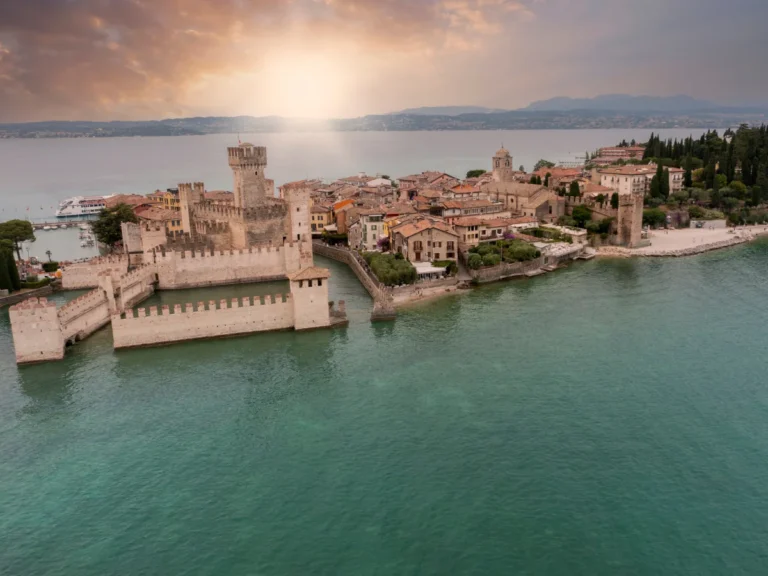
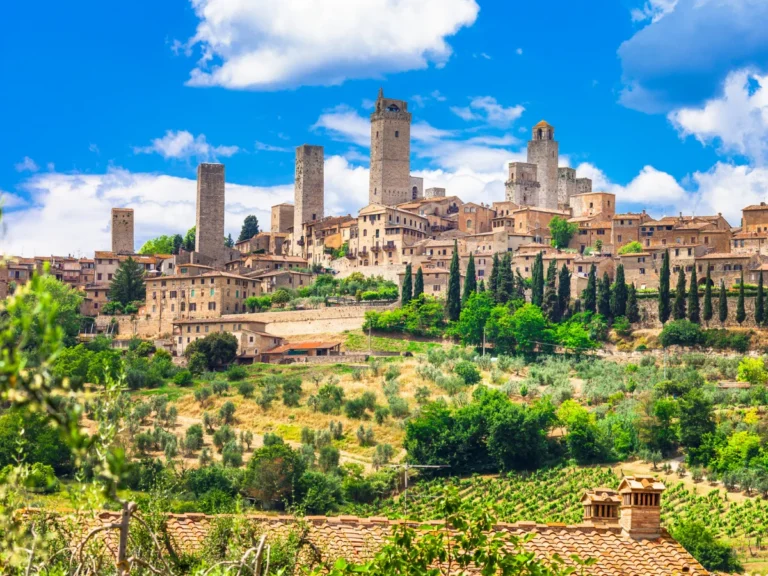
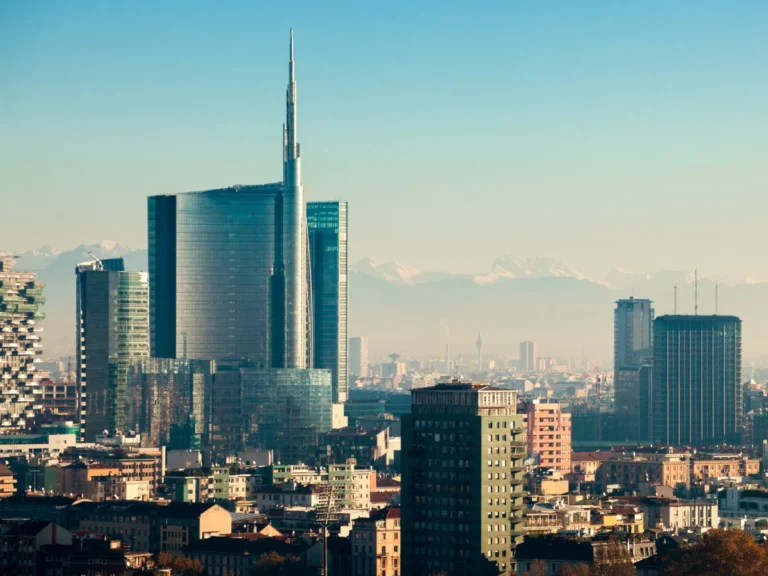
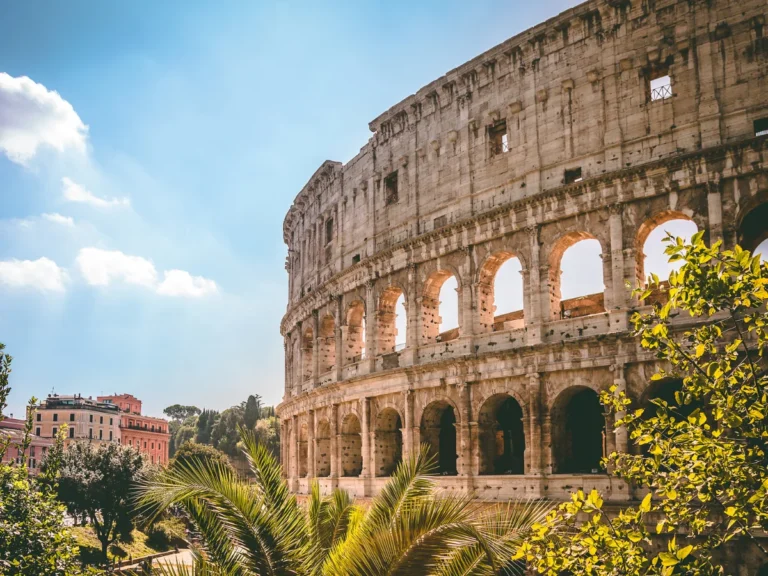
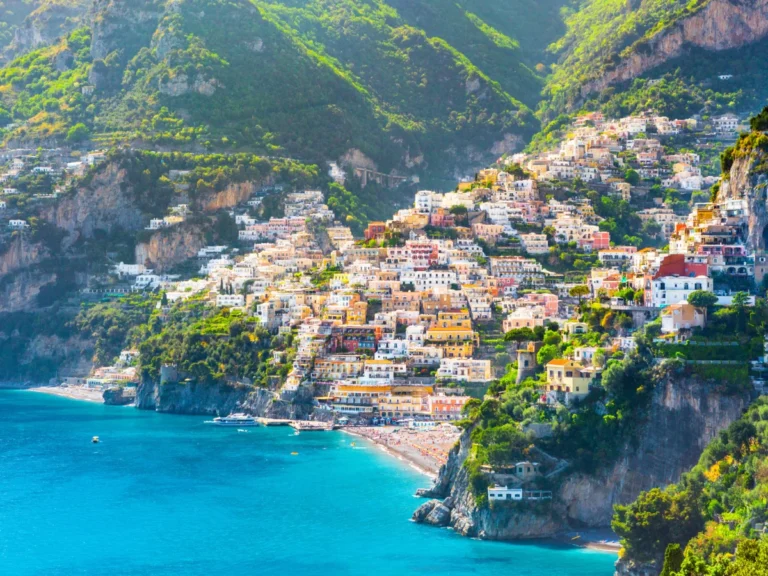
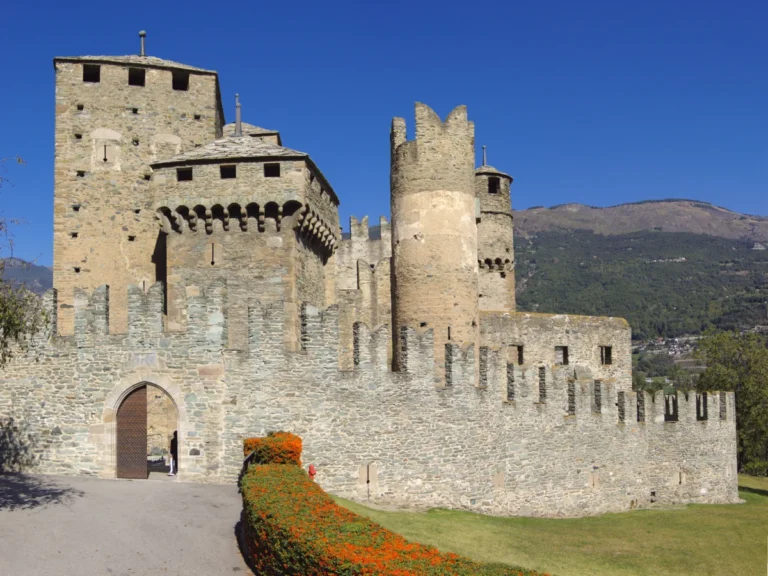
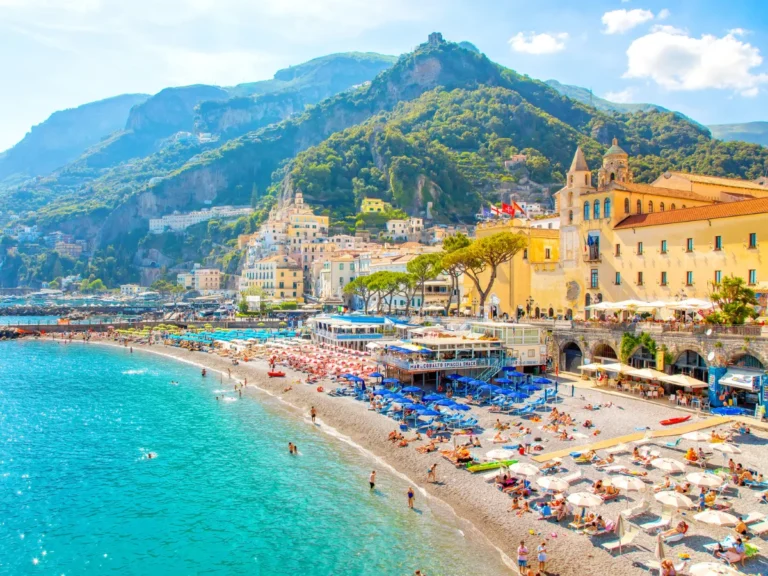

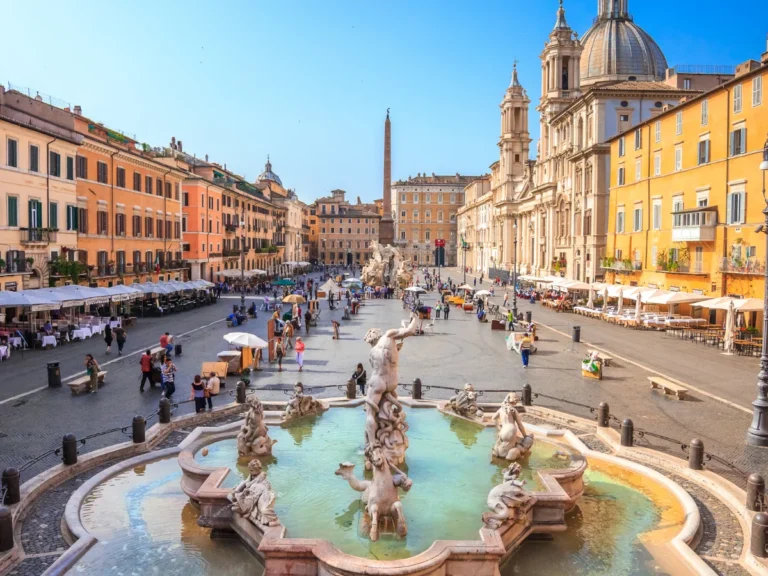
Acquiring citizenship in Italy
Acquiring citizenship in Italy is a significant milestone for individuals seeking long-term residency and rights in the country.
Types of Citizenship
There are various pathways to Italian citizenship, including citizenship by descent, marriage, naturalization, and special cases such as stateless persons or refugees.
Citizenship by Descent
Individuals with Italian ancestry may be eligible for citizenship by descent if they can prove their Italian lineage through documentation.
Citizenship through Marriage
Foreign nationals married to Italian citizens can apply for citizenship after residing legally in Italy for a specified period and meeting language and integration requirements.
Citizenship through Naturalization
Foreign residents in Italy can obtain citizenship through naturalization by meeting residency, language proficiency, and integration criteria.
Special Cases
Italy offers citizenship pathways for stateless persons, refugees, and individuals with special circumstances, providing opportunities for those in need of protection or assistance.
Application Process
Applicants for Italian citizenship must submit the required documentation, including birth certificates, marriage certificates, residency permits, and language proficiency certificates, to the competent authorities.
Language and Integration Requirements
Language proficiency in Italian and knowledge of Italian culture, history, and society are essential for citizenship applicants, demonstrating their commitment to integration.
Legal Assistance
Seeking legal advice and assistance from professionals specializing in immigration and citizenship law can facilitate the citizenship application process and ensure compliance with requirements.
Benefits of Citizenship
Italian citizenship grants individuals the right to live, work, and study in Italy without restrictions, access to healthcare and social services, and the ability to travel freely within the European Union.
Overall, obtaining Italian citizenship offers numerous opportunities for individuals to fully integrate into Italian society and enjoy the benefits of being part of a vibrant and diverse community.
Visas
Navigating the visa process in Italy is essential for individuals seeking employment, study, or residency in the country.
Types of Visas
Italy offers various visa categories, including short-stay visas (Schengen visas) for tourists and business travelers, long-stay visas for students and workers, and special visas for entrepreneurs and investors.
Application Process
To apply for a visa, applicants must complete the required documentation, including a visa application form, passport photos, proof of financial means, and a letter of invitation or acceptance from the host organization or institution.
Short-Stay Visas
Short-stay visas allow visitors to stay in Italy for up to 90 days within a 180-day period. These visas are suitable for tourism, business meetings, or attending conferences and require proof of accommodation and travel itinerary.
Long-Stay Visas
Long-stay visas are designed for individuals planning to stay in Italy for more than 90 days. This includes study visas for students, work visas for employees, and family reunification visas for joining relatives in Italy.
Special Visas
Italy offers special visas for entrepreneurs, investors, researchers, and artists looking to establish themselves or pursue projects in the country. These visas often require additional documentation and may have specific eligibility criteria.
Residence Permits
Once in Italy, individuals with long-stay visas must apply for a residence permit (permesso di soggiorno) within eight days of arrival. This permit allows them to legally reside and work in the country for the duration specified in their visa.
Renewal and Extension
Visa holders may need to renew or extend their visas or residence permits to continue staying in Italy beyond the initial period. This process typically involves submitting updated documentation and may require proof of continued eligibility.
Overall, understanding the various types of visas available in Italy, following the application process diligently, and complying with visa regulations are crucial steps for individuals wishing to live and work legally in the country.
Moving to Italy promises a dynamic experience
Work in Italy
Working in Italy offers a dynamic experience enriched by various facets of professional life.
Maternity Leave
Maternity leave in Italy provides new mothers with ample time to care for their newborns, typically lasting up to 5 months. This enables women to balance work and family commitments effectively.
Salaries
Salaries in Italy vary depending on the industry and region. While certain sectors offer competitive wages, others may be more modest. Generally, salaries in larger cities tend to be higher compared to rural areas.
Thriving Industries
Italy boasts thriving industries such as fashion, automotive, design, tourism, and food and wine. These sectors offer numerous job opportunities, attracting professionals from around the world.
Retirement
Italy’s retirement system provides pensioners with financial stability and access to healthcare services. Pension plans are available for both public and private sector employees, ensuring a comfortable retirement for individuals who have contributed to the workforce.
Vacation Time
Italy values work-life balance, with employees entitled to generous vacation time. Workers typically enjoy around 4 weeks of paid vacation annually, allowing them to recharge and explore the country’s rich cultural heritage and breathtaking landscapes.
Overall, working in Italy offers a blend of professional growth, cultural immersion, and quality of life. With competitive maternity leave policies, varying salary prospects, thriving industries, comprehensive retirement plans, and ample vacation time, Italy presents a rewarding and fulfilling work environment for individuals seeking diverse opportunities in their careers.
Italy's healthcare system
Italy’s healthcare system offers comprehensive coverage and services to residents and visitors alike, with both public and private hospitals playing vital roles in healthcare delivery.
Public Healthcare
Public hospitals in Italy provide universal healthcare coverage to all residents, including emergency care, specialist consultations, surgeries, and hospitalization, regardless of nationality or insurance status.
EU Citizens
European Union citizens visiting Italy can access healthcare services through the European Health Insurance Card (EHIC) or the European Health Insurance Portability and Accountability Act (EHIPA), which covers necessary medical treatment during their stay.
Private Healthcare
Italy also boasts a robust private healthcare sector, offering additional medical services and amenities for those willing to pay out-of-pocket or have private health insurance coverage.
Health Insurance
While public healthcare in Italy is free or low-cost for residents, many choose to supplement their coverage with private health insurance plans, providing access to faster appointments, specialist care, and amenities such as private rooms.
Emergency Services
Italy’s emergency medical services (EMS) provide rapid response and ambulance transport to individuals in need of urgent medical attention, ensuring timely access to critical care.
Pharmacies
Pharmacies, known as “farmacie” in Italian, are readily available across the country and provide prescription and over-the-counter medications, as well as healthcare advice and services.
Preventive Care
Italy emphasizes preventive healthcare measures, such as vaccinations and screenings, to promote overall well-being and disease prevention among its population.
Medical Tourism
Italy’s renowned healthcare system attracts medical tourists from around the world seeking specialized treatments, advanced procedures, and high-quality care in fields such as cosmetic surgery, fertility treatments, and orthopedics.
Overall, Italy’s healthcare system combines public and private resources to offer comprehensive care to residents and visitors, ensuring access to essential medical services and promoting the health and well-being of its population.
Moving to Italy promises a dynamic experience
Public transportation
Italy boasts an extensive public transportation network, offering various options for commuters and travelers across the country.
Trains
Italy’s train system includes high-speed trains like the Frecciarossa, connecting major cities such as Rome, Milan, and Florence swiftly. Regional trains serve intercity routes, providing convenient travel between smaller towns and cities. Additionally, tram systems operate in several cities, offering efficient urban transportation.
Subways
Several major cities in Italy, including Rome, Milan, and Naples, feature subway systems, providing quick and reliable transportation within urban areas. These subways connect key landmarks, business districts, and residential areas, catering to both locals and tourists.
Buses
Bus services are widely available in Italy, covering routes within cities and towns as well as intercity connections. They offer flexibility and accessibility, complementing the existing rail network and reaching areas not served by trains.
Ferries
Given Italy’s extensive coastline and numerous islands, ferries play a crucial role in transportation. They link mainland ports to islands such as Sicily, Sardinia, and the Aeolian Islands, offering scenic and practical travel options.
Cable Cars
In mountainous regions like the Alps and the Dolomites, cable cars provide transportation to remote areas, ski resorts, and hiking trails. They offer breathtaking views and access to scenic destinations, attracting both tourists and outdoor enthusiasts.
Overall, Italy’s public transportation system integrates various modes of travel, including trains, subways, buses, ferries, and cable cars, ensuring efficient connectivity and accessibility for commuters, tourists, and residents alike. Whether traveling within cities, between regions, or to picturesque island getaways, Italy’s transportation options cater to diverse needs and preferences, facilitating seamless journeys across the country’s rich landscapes and vibrant cities.


